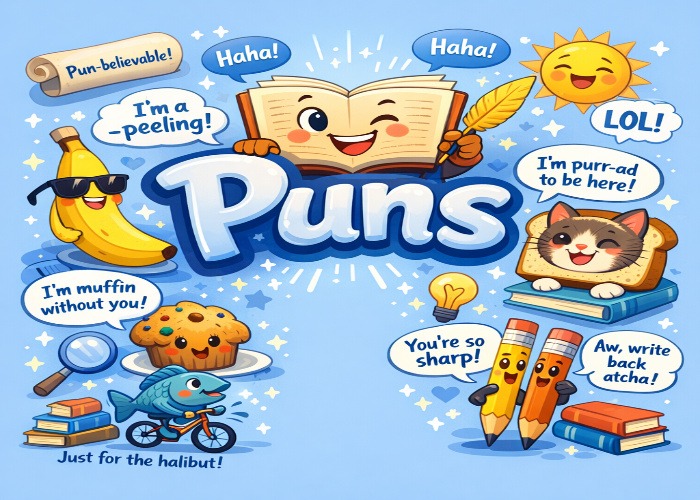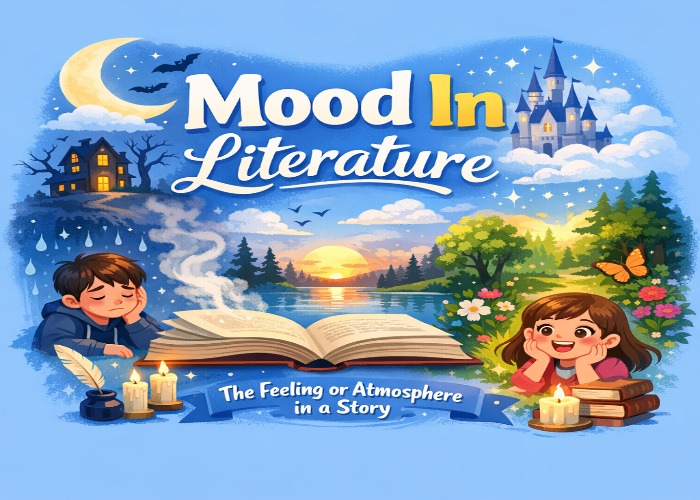Introduction to Euphemism
A euphemism replaces harsh, unpleasant, or offensive words with milder alternatives. The substitution softens reality making uncomfortable topics more palatable.
The quick test: If you're avoiding direct language to sound more polite or less alarming, you're using euphemism.
Examples:
- "Passed away" instead of "died."
- "Let go" instead of "fired"
- "Pre owned vehicle" instead of "used car"
What's NOT euphemism:
- Technical jargon (specialized vocabulary, not softening)
- Slang (informal but not necessarily softer)
- Metaphor (creative comparison, not avoidance)
NEED TO ADDRESS A SENSITIVE TOPIC WITH TACT?
Our experts craft careful euphemisms to communicate difficult truths with respect and clarity.
- Diplomatic language for academic, professional, or personal writing
- Navigating topics like death, failure, or conflict with grace
- Maintaining honesty while choosing considerate phrasing
- Tactful Communication Service
Handle hard conversations with the care they deserve.
Order NowWhen Euphemisms Help vs When They Hide
1. When Euphemisms Serve a Purpose
Softening difficult topics:
- Death conversations with children
- Medical diagnoses
- Sensitive social situations
Example: Telling a child "Grandpa passed away" gives a gentler entry to the concept of death.
Maintaining professionalism:
- Workplace communications
- Customer service language
- Public announcements
Example: "We're experiencing technical difficulties" sounds better than "Everything's broken."
Showing respect:
- Disability language
- Discussing sensitive health topics
- Cultural considerations
Example: "Person with hearing loss" centers the person, not the disability.
2. When Euphemisms Become Dangerous
Obscuring violence:
- War reporting
- Police brutality descriptions
- Corporate malfeasance
Example: "Officer involved shooting" hides who shot whom. "Police shot unarmed man" states facts clearly.
Avoiding accountability:
- Political scandals
- Corporate failures
- Institutional harm
Example: "Mistakes were made" avoids naming who made them. Passive voice euphemism dodges responsibility.
Normalizing unethical behavior:
- Surveillance = "data collection"
- Propaganda = "strategic communication"
- Exploitation = "opportunity"
Example: Calling gig economy exploitation "flexible work arrangements" masks power imbalances.
Euphemism vs Related Terms
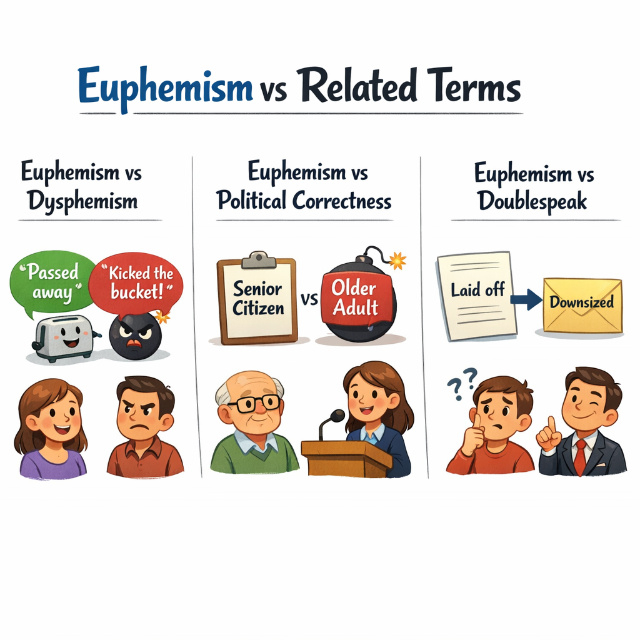
1. Euphemism vs Dysphemism
Euphemism: Softens harsh reality
- Death = "passed away"
Dysphemism: Harshens neutral reality (opposite of euphemism)
- Died = "kicked the bucket," "croaked"
Key difference: Euphemisms make things sound better; dysphemisms make them sound worse.
2. Euphemism vs Political Correctness
Euphemism: Any softened language
- "Passed away" (death)
Political Correctness: Specifically avoiding offense to marginalized groups
- "Person with disability" (not "disabled person")
The overlap: PC language often uses euphemisms, but not all euphemisms are PC language.
3. Euphemism vs Doublespeak
Euphemism: Softens to avoid discomfort
- "Let go" (fired)
Doublespeak: Deliberately obscures meaning to deceive
- "Revenue enhancement" (tax increase)
Key difference: Intent. Euphemisms offer politeness; doublespeak manipulates.
Cultural Differences in Euphemism
1. American vs British Euphemisms
American:
- Bathroom (toilet)
- Passed away (died)
- Sanitation worker (garbage collector)
British:
- Loo, WC (toilet)
- Passed on (died)
- Bin man (garbage collector)
Cultural note: British euphemisms often sound more direct to American ears, and vice versa.
2. Taboo Topics Across Cultures
Universal euphemism topics:
- Death
- Sex
- Bodily functions
- Religion
Culture specific:
- Money (taboo in some cultures, not others)
- Mental health (heavily euphemized in many Asian cultures)
- Age (euphemized more in Western cultures)
How to Identify Euphemisms in Texts
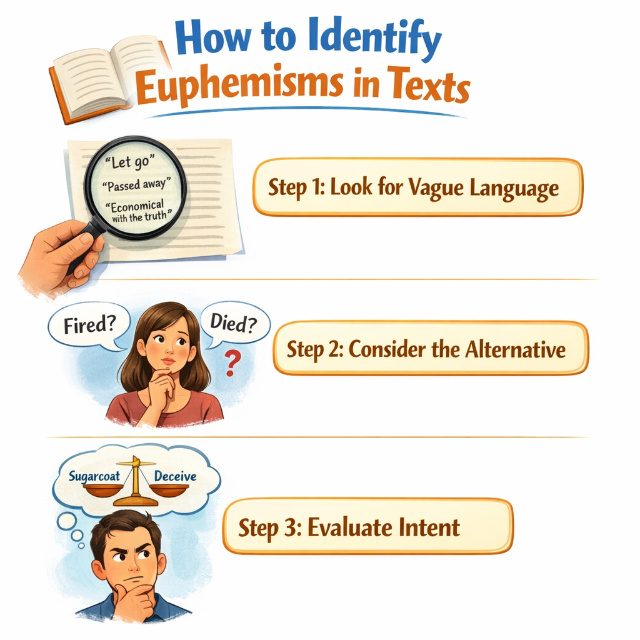
Step 1: Look for Vague Language
If language feels deliberately indirect, it's probably euphemistic.
Example: "We're going in a different direction" (you're fired) is deliberately vague.
Step 2: Consider the Alternative
Ask: What direct word is being avoided?
Example: "Pre owned vehicle" avoids "used car." Why? "Used" sounds negative.
Step 3: Evaluate Intent
Is the speaker softening to be kind or to manipulate?
Example: "Passed away" = kindness. "Enhanced interrogation" = manipulation.
Euphemism Examples from Death & Dying
Death generates the most euphemisms across all cultures.
1. Common Death Euphemisms
Direct expressions avoided:
- Died = "passed away," "lost," "departed"
- Dead body = "remains," "the deceased"
- Grave/cemetery = "final resting place," "memorial park"
- Kill (animals) = "put to sleep," "put down"
Example in context: "We lost Grandma last winter" sounds gentler than "Grandma died last winter."
Why it works: Death creates discomfort. Euphemisms provide emotional distance, making conversations bearable.
2. Religious & Spiritual Euphemisms
Expressions:
- "Gone to a better place"
- "Called home"
- "With the angels now"
- "Crossed over"
- "At peace"
Example: "She's in a better place now" offers comfort while avoiding the finality of death.
3. Military & Violent Death
Euphemisms:
- Killed in action = "fell in battle," "made the ultimate sacrifice"
- Casualties = "losses," "fallen"
- Bombing civilians = "collateral damage"
Example: Military reports say "sustained casualties" rather than "soldiers died."
Why it matters: These euphemisms distance from violence, making war palatable. Critics argue this linguistic softening enables continued conflict.
POLISHING HARSH MESSAGES INTO PROFESSIONAL LANGUAGE?
We refine your announcements, feedback, or reports with appropriate, strategic euphemisms.
- Transforming blunt criticism into constructive feedback
- Softening negative news while preserving core meaning
- Crafting PR and internal communications with nuance
- Professional Tone Polishing
Deliver the message without the sting.
Order NowEuphemism Examples from Business & Work
Corporate America runs on euphemistic language.
1. Job Loss Euphemisms
Direct term avoided: Fired
Euphemistic alternatives:
- "Let go"
- "Laid off"
- "Position eliminated"
- "Downsized"
- "Right sized"
- "Transitioned out"
- "Made redundant"
- "Separated from the company"
Example: "We're right sizing our workforce" sounds strategic. "We're firing 500 people" sounds brutal.
2. Corporate Failures
Direct expressions avoided:
- Failed = "didn't meet expectations"
- Lying = "being economical with the truth"
- Stealing = "inventory shrinkage"
- Cheating customers = "revenue enhancement"
- Price increase = "price adjustment"
Example: "We're implementing a price adjustment" hides the fact you're raising prices.
3. Job Descriptions
Reality vs euphemism:
- Janitor = "Sanitation engineer," "Custodial services specialist"
- Garbage collector = "Waste management professional"
- Used car salesman = "Pre owned vehicle specialist"
- Secretary = "Administrative professional"
Why companies do this: Status elevation through language. "Sanitation engineer" sounds more professional than "janitor."
Euphemism Examples from Politics
Politicians master euphemistic language.
1. War & Military Action
Direct terms avoided:
- War = "conflict," "police action," "peacekeeping mission"
- Invasion = "liberation," "intervention"
- Bombing = "air support," "surgical strikes"
- Killing civilians = "collateral damage"
- Torture = "enhanced interrogation techniques"
Example: "Enhanced interrogation techniques" sounds clinical. "Torture" sounds criminal.
Why it works: Euphemisms sanitize violence. "Collateral damage" removes human faces from civilian deaths.
2. Taxation & Spending
Euphemistic reframing:
- Tax increase = "revenue enhancement"
- Government spending = "investment in infrastructure"
- Deficit spending = "deficit financing"
- Welfare = "entitlement programs," "safety net"
Example: Politicians announce "revenue enhancement initiatives" rather than "we're raising your taxes."
3. Policy Euphemisms
Direct vs softened:
- Spying on citizens = "surveillance programs," "data collection"
- Censorship = "content moderation"
- Propaganda = "public information," "strategic communication"
- Lying = "misspeaking," "being mistaken"
Example: "We're implementing enhanced security measures" means increased surveillance and reduced privacy.
Euphemism Examples from Healthcare
Medical settings use euphemisms constantly.
1. Patient Conditions
Direct terms avoided:
- Mentally ill = "experiencing mental health challenges"
- Disabled = "differently abled," "special needs"
- Old = "senior," "elderly," "golden years"
- Fat/obese = "heavyset," "plus sized," "person of size"
- Bald = "follicularly challenged"
Example: "Special needs children" sounds more respectful than "disabled children."
2. Medical Procedures
Euphemistic alternatives:
- Surgery = "procedure"
- Cut open = "make an incision"
- Abortion = "termination of pregnancy"
- Remove organ = "perform extraction"
Example: Doctors say "we'll need to perform a procedure" rather than "we're cutting you open."
Why it matters: Reduces patient anxiety. "Procedure" sounds routine; "surgery" sounds dangerous.
3. End of Life Care
Direct terms avoided:
- Dying = "failing," "declining," "transitioning"
- Terminal = "life limiting condition"
- Hospice = "comfort care"
- Do not resuscitate = "comfort measures only"
Example: "He's transitioning" prepares family without saying "he's actively dying."
Euphemism Examples from Everyday Life
Daily conversations use euphemisms constantly.
1. Bathroom Euphemisms
Direct terms avoided:
- Toilet = "restroom," "bathroom," "powder room," "facilities"
- Urinate = "use the facilities," "powder my nose," "visit the ladies' room"
- Bowel movement = "nature's call," "number two"
Example: "Where's your restroom?" sounds more polite than "Where's your toilet?"
2. Body & Appearance
Euphemistic alternatives:
- Pregnant = "expecting," "with child," "in a family way"
- Menstruation = "that time of month," "visit from Aunt Flo"
- Sweat = "perspire," "glow"
- Smell bad = "have body odor"
- Ugly = "not conventionally attractive"
Example: Women "glow"; men "sweat." The euphemism reinforces gender norms.
3. Money & Class
Direct vs softened:
- Poor = "economically disadvantaged," "low income"
- Cheap = "budget conscious," "thrifty"
- Expensive = "premium," "luxury"
- Homeless = "unhoused," "experiencing homelessness"
Example: "Economically disadvantaged communities" sounds policy focused. "Poor neighborhoods" sounds judgmental.
Writing about how euphemisms obscure truth? Our personal essay writing service provides an analysis showing exactly how softened language manipulates perception.
Downloadable Resource
WANT YOUR CHARACTERS TO SPEAK WITH SUBTEXT AND SOCIAL GRACE?
We craft authentic euphemisms in dialogue to reveal character, era, and social nuance.
- Period appropriate or culture-specific indirect language
- Using euphemism to show a character’s evasion or delicacy
- Enhancing realism and depth in fiction or historical writing
- Subtext & Nuance Service
Let what your characters don't say speak volumes.
Order NowThe Bottom Line
Euphemisms reveal how language shapes reality. By softening harsh truths, they make difficult conversations possible, but they can also obscure accountability and normalize harm.
The best approach? Recognize when euphemisms serve compassion and when they enable manipulation. Call them out when they hide the truth. Use them when they protect dignity.
Master euphemism analysis, and you master a key tool of persuasion and deception.
Want more language techniques? Explore our complete literary devices guide with examples.
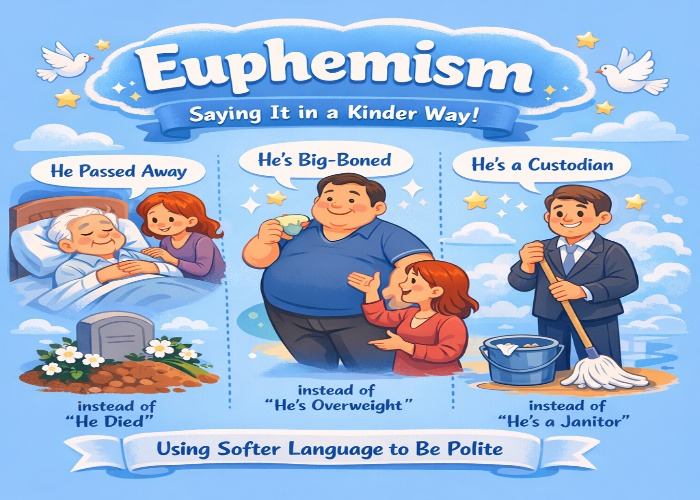

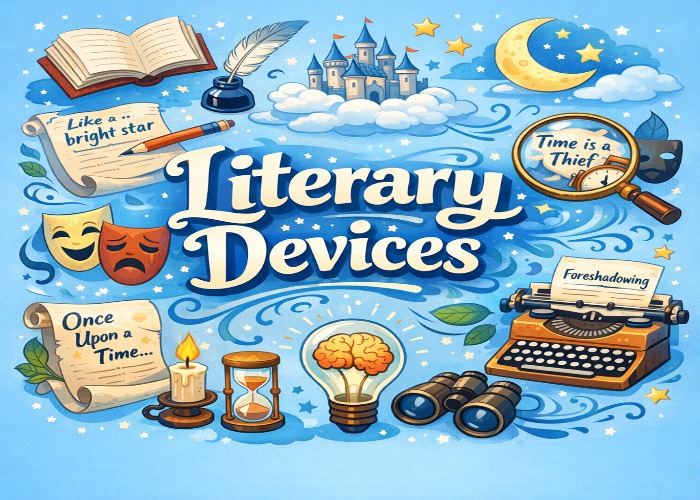
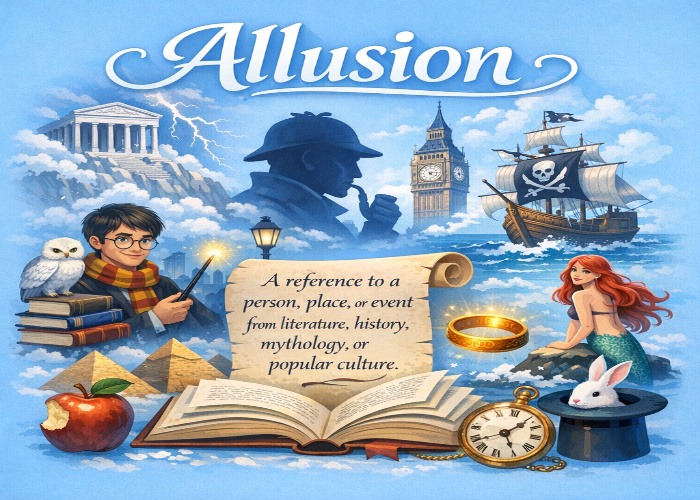
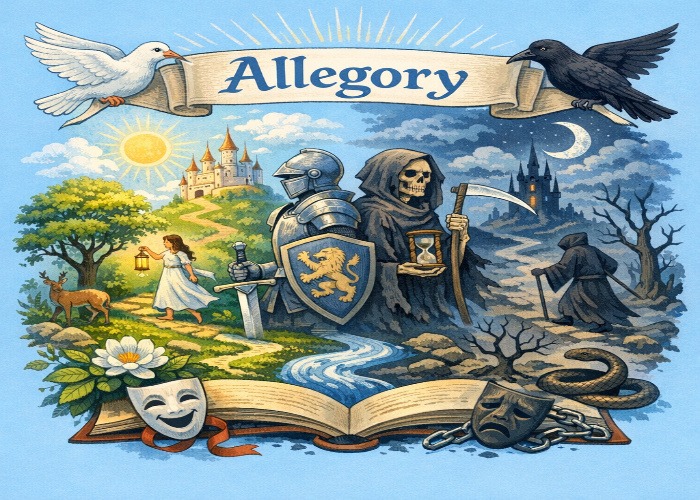
-19964.jpg)
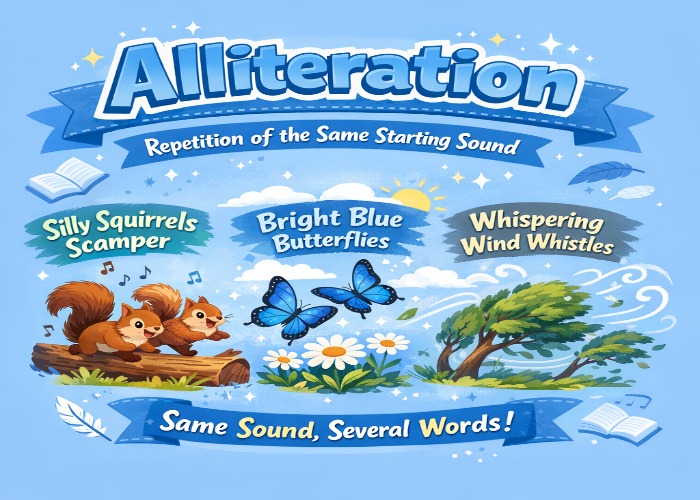
-20128.jpg)
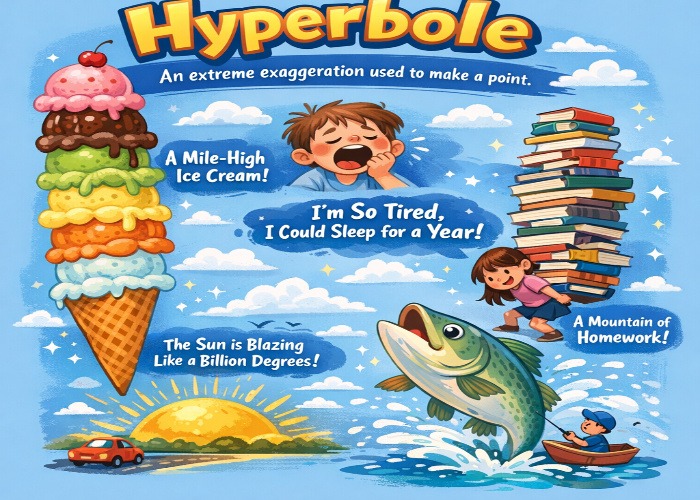
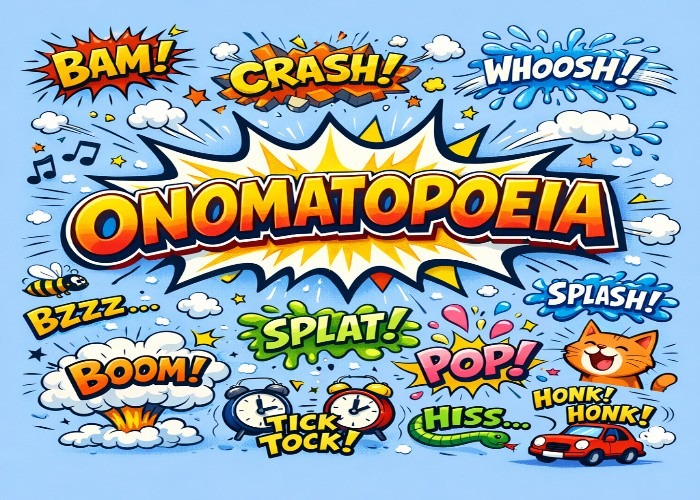
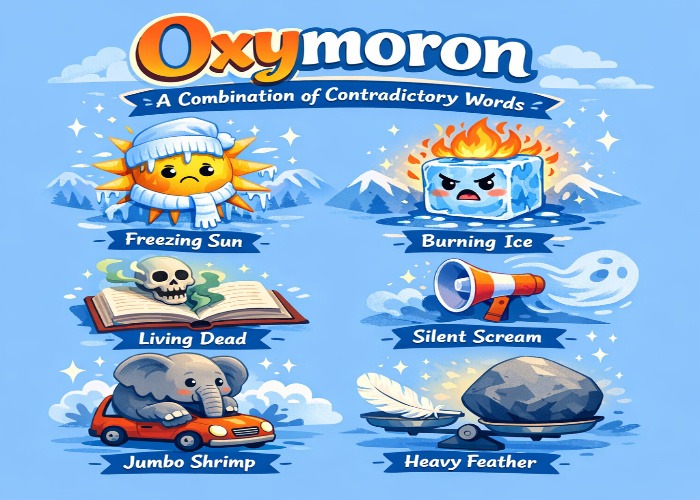

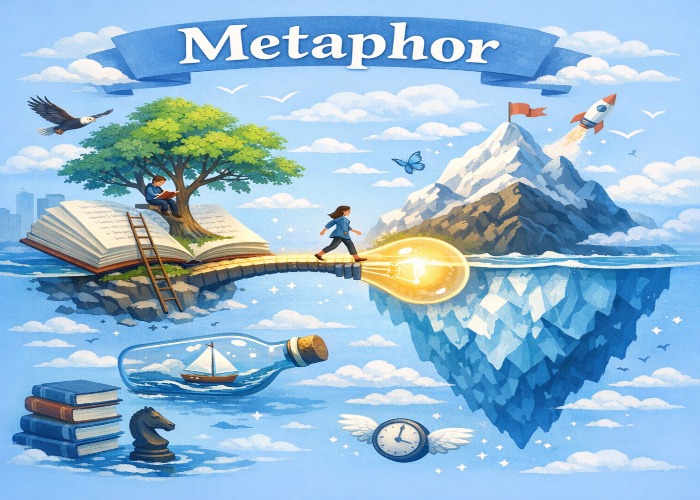
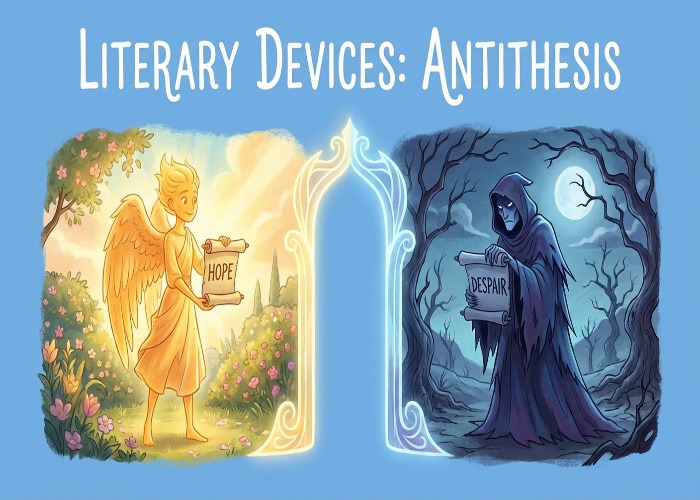
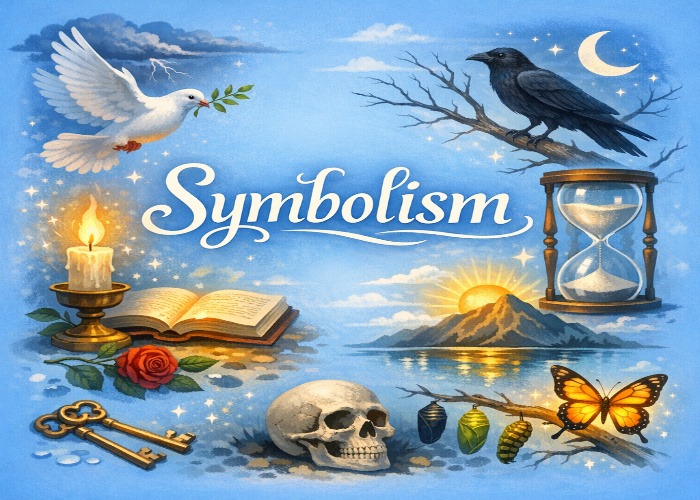
-20008.jpg)
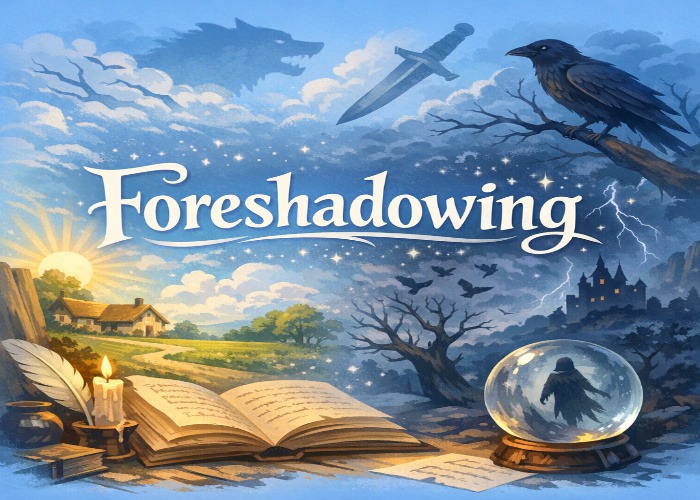
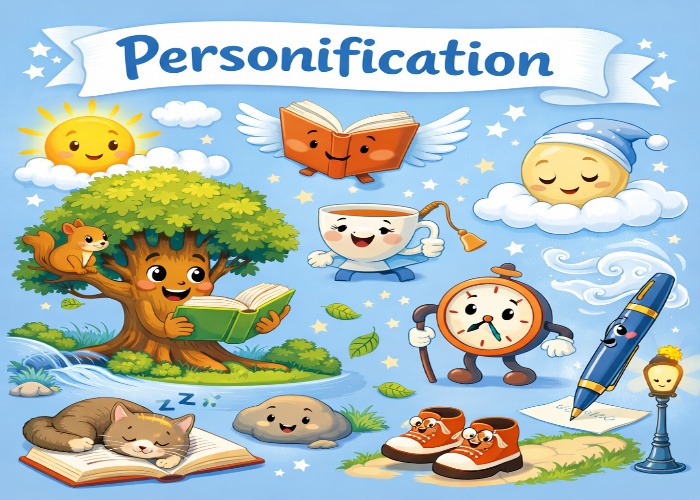
-20016.jpg)
